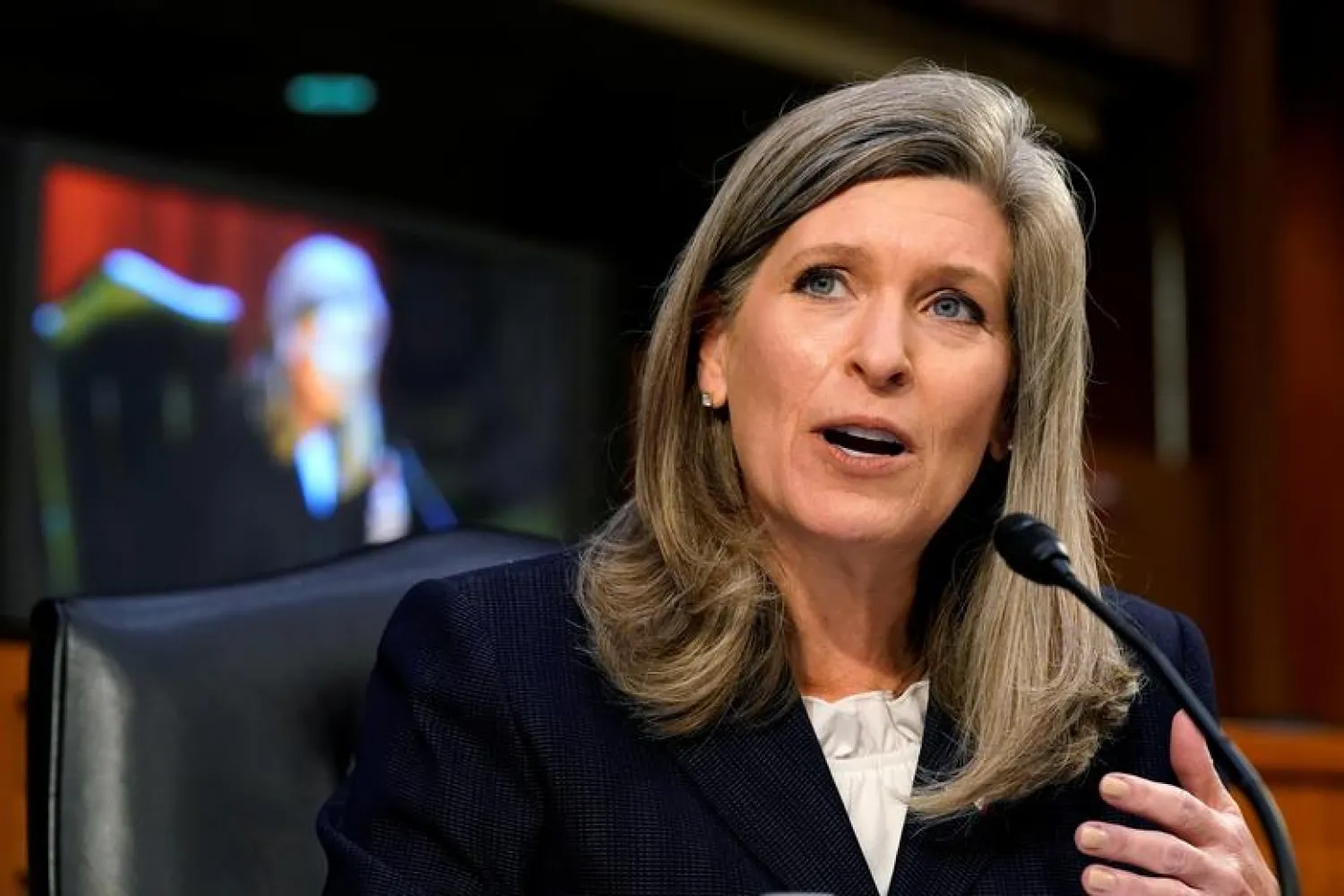Republican Senator Joni Ernst criticized the administration of US President Joe Biden and Democrats in their handling of the Iranian file, after the White House confirmed the exchange of information with Saudi Arabia about Iranian threats.
In a tweet, Ernst said that the United States currently has approximately 3,000 service members stationed in Saudi Arabia.
“While Iran prepares for an attack on our partners, leading Dems are advocating for removing key air and missile defense units, risking the lives of US citizens and our troops alike,” she said.
Ernst described Saudi Arabia as a long-term security partner, saying: “Saudi Arabia is a longstanding Gulf security partner and that has not changed. The Biden admin kneecapped US energy production and has blamed OPEC+ for high gas prices. The American people don’t buy it.”
The Republican senator called on the White House to end negotiations with Iran in efforts to revive the nuclear agreement, describing the country as the leading sponsor of terrorism in the world.
“Moving forward we must return to US energy independence, and terminate the renegotiation of the JCPOA with the world’s leading state sponsor of terrorism,” she tweeted.
Ernst concluded by saying: “America must defend our land and our allies in the Gulf, and punish our adversaries like Iran.”
The senator’s comments came in reaction to a report by the Wall Street Journal, which quoted US and Saudi officials as saying that Saudi Arabia had shared intelligence with the United States warning of imminent attacks by Iran on targets in the Kingdom.
The newspaper said that the United States, Saudi Arabia and other neighboring countries raised the state of alert of their military forces, after information that Iran was planning to launch attacks on both Saudi Arabia and Erbil in Iraq, in an attempt by the Iranian regime to distract attention from the demonstrations that have swept the country.
The newspaper quoted the National Security Council in the White House as saying that the US was concerned about the warnings, and was ready to respond if Iran carried out any aggression.
A spokesman for the council said: “We are concerned about the threats and remain in constant contact with the Saudis through military and intelligence channels. We will not hesitate to act in defense of our interests and the interests of our partners in the region.”









